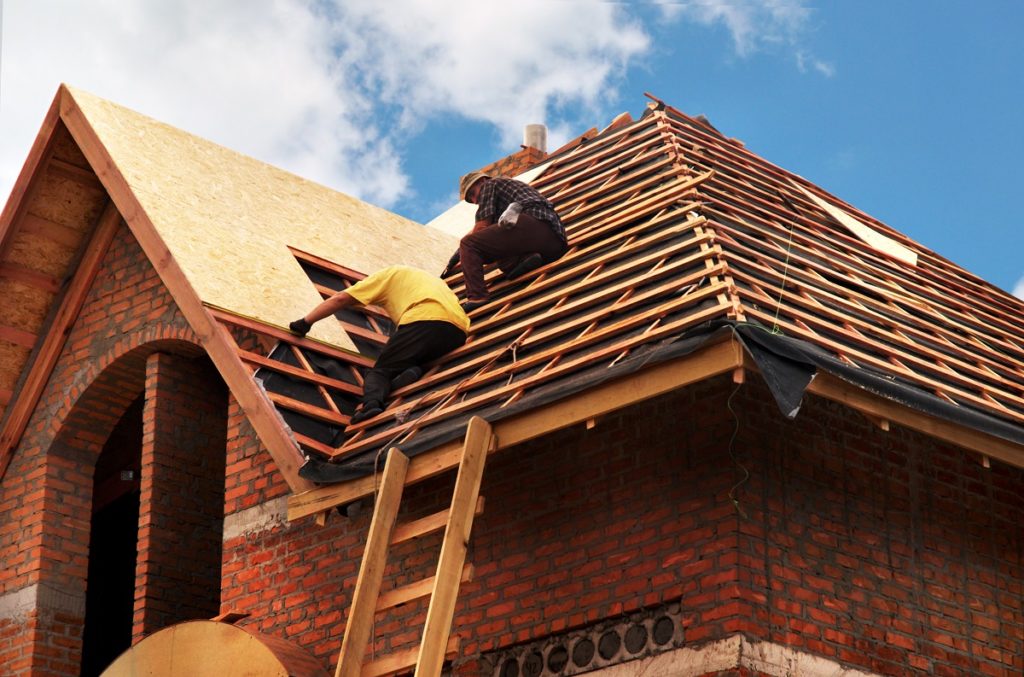Remodeling or renovating a home is never a walk in the park kind of affair as it involves spending a considerable amount of time, money, and effort on the part of the homeowner. If you’re planning to do some home upgrades soon, you should know exactly what you’re getting into so you can make sound judgments and avoid regretting your decision in the end.
For example, you should have a clear idea about the financial costs of upgrading different rooms in your home. If you intend to renovate your kitchen, for one, be prepared to shell out at least $150 for every square foot or $23,556 for the entire area. For your whole bathroom, around $10,349; a bedroom for $7,880; and your living room around $7,246 on average. Meanwhile, be prepared to spend anywhere between $18,331 to $76,000 for your entire home as this is the typical range of costs to renovate a home. You may use this handy calculator to compute how much your planned renovation would cost you so you can prepare a conservative budget.
Now, what about the ideal home upgrades to have? If you don’t have a clear set of ideas yet or you still want to expand your choices, then here are eight home upgrades that you must consider:
1. A better gutter system
Gutters are part of a property’s rainwater management system to divert rainwater away from the home and into the drainage. Without properly functioning and appropriate gutters, homes could get flooded or have leaks on the roof or walls that could then cause costly home water damage. If you don’t want such a thing to happen to you, then you better upgrade your existing system and hire reliable gutter installers to do the job for you.
2. Fire and water features in the yard
There are several great benefits of having fire and water features in any private residence. These perks include enhancing the curb appeal, upping the property’s market value, and rendering therapeutic benefits to occupants. Among the features, you should consider are a fire pit, fireplace, pond, birdbath, and pool. These excellent additions will make your yard more inviting and relaxing — just the kind of outdoors that will make a property more desirable to live in.
3. Energy-saving electrical fixtures and home appliances
As a homeowner, you should make every conscious effort to save money on your monthly utilities, particularly electricity. With this, you have to invest in power-efficient electrical fixtures and home appliances. When shopping for appliances, be sure to check if they have high Energy Star ratings so you won’t pay big monthly bills. If you’re not using them yet, make room in your budget for LED lights, a programmable thermostat, and motion detectors as these would help you big time in your quest to lower your monthly electricity consumption.
4. CCTV cameras
 With today’s increasingly uncertain society, CCTV cameras have become a necessity for added home security. These modern security devices would serve as your eyes and ears, especially when you’re away since many home camera surveillance systems can be viewed remotely on any internet-capable device like smartphones and tablets.
With today’s increasingly uncertain society, CCTV cameras have become a necessity for added home security. These modern security devices would serve as your eyes and ears, especially when you’re away since many home camera surveillance systems can be viewed remotely on any internet-capable device like smartphones and tablets.
5. Fixing air leaks or doing an insulation system upgrade
Air leaks, no matter how small they are, contribute to high electricity bills since they render a home’s insulation system inefficient. This is why you must consider fixing the leaks or upgrading your insulation system altogether. By doing so, you won’t spend a fortune on high power bills each month simply because your insulation system is already outdated or you have air leaking everywhere in your house.
6. Plumbing system upgrade
If your house is already decades-old or if the plumbing system is already underperforming, a plumbing upgrade is definitely in order. This should be an easy project since there are professional plumbing companies that can take on such a routine job with ease. So, just shop around for a reliable contractor, prepare the needed budget, and wait for the installers to finish upgrading your home’s plumbing system.
7. Grading and installation of sump pumps
Every home must be properly graded to prevent rainwater from pooling and causing damage to the building foundation and everything else inside the home. There should also be working sump pumps installed in strategic areas to help siphon out floodwater during storm season. Grading and sump pumps may cost you money but the savings you’ll get on home water damage repair and the peace of mind of knowing your property is relatively safe during each storm are more than enough reasons to make the investment.
8. Ventilation system
Proper ventilation would not only improve indoor air quality but also help in lowering your monthly power bills. So, if your current ventilation at home leaves much to be desired, then it should be your cue to spend money on a ventilation system upgrade.
With these great upgrades, your home should be safer, more energy-efficient, and more conducive to live in.











